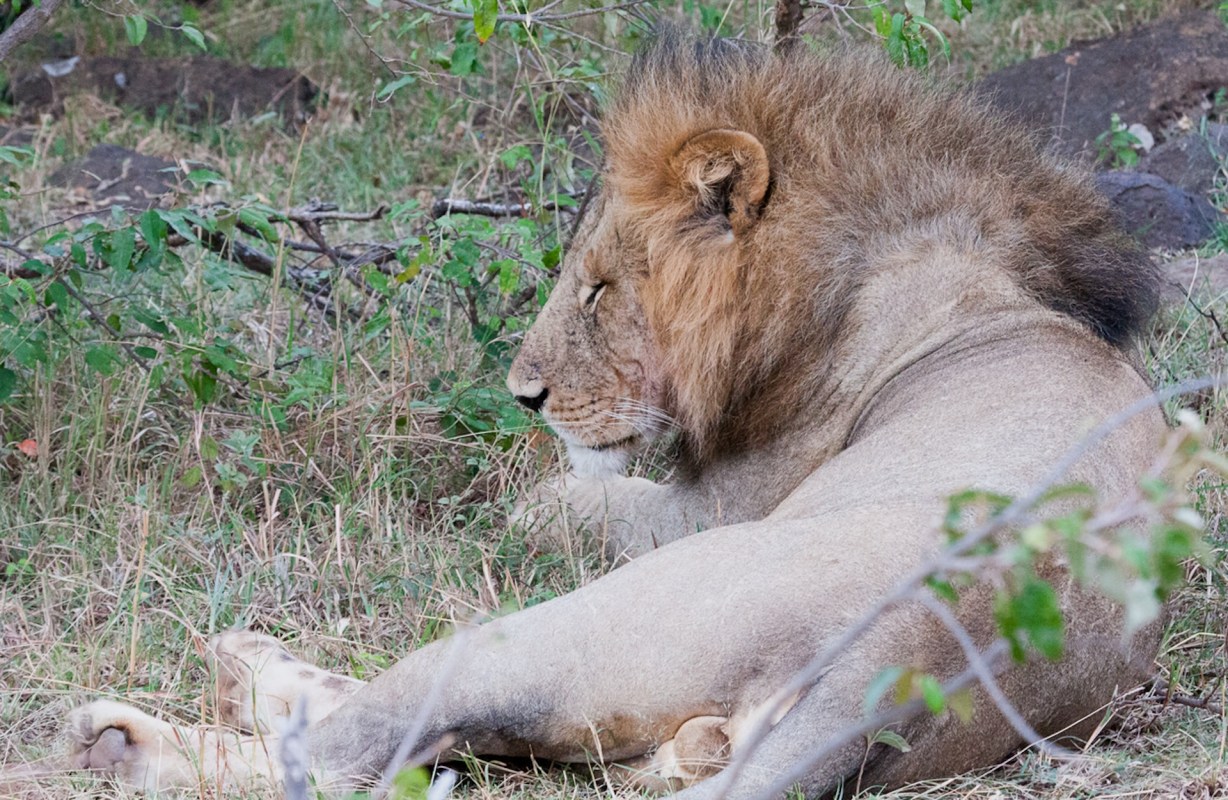Ecosystems are entirely interconnected — if one element is changed, it can cause ripple effects through the entire system.
For evidence, look no further than Kenya, where the introduction of a new invasive ant species is causing a threat to the lion population.
What is happening?
Big-headed ants, introduced to Kenya probably through global shipping and international tourism, have caused an "ecological chain reaction," researchers have warned.
Big-headed ants are killing the native acacia ants, which usually play the role of protecting trees from elephants and other herbivores by biting their nostrils when they attempt to eat the bark, leaves, and branches. Fewer acacia ants means that elephants can knock down more trees, which serve as cover for lions while they hunt zebras.
Without their typical hiding places, lions have killed 25% fewer zebras than normal between 2003 and 2020, reducing their overall food supply.
Why is this concerning?
The case of the big-headed ants is a prime example of how invasive species can wreak havoc on an ecosystem — and the problems don't just end with lions getting less food. The more species that are affected, the more downstream consequences will begin to emerge, often unpredictably.
"When you have invasive species, they can affect other species that wouldn't seem to have anything to do with the species invasion in kind of weird, unpredictable ways — ways that are hidden, but very serious," one of the study's co-authors, Jacob Goheen, a University of Wyoming zoology professor, said.
"The big-headed ant invasion is kind of changing everything, and it takes time for all these dynamics to play out," Corinna Riginos, another author of the study, said. "We've already seen evidence of big changes. What happens next?"
What is being done about it?
The question of how to manage an invasive species is not a simple one. In Florida, big-headed ant populations are often treated by spraying insecticides. However, these toxic chemicals often do more harm than good, poisoning not just the intended invasive species but multiple native species as well and causing human health problems at the same time.
The study on the big-headed ants in Kenya did not offer a solution but sought to highlight the problem. As Riginos pointed out, it is difficult to know how to take action when we still don't know what the ultimate effects of the issue will be.
Join our free newsletter for cool news and cool tips that make it easy to help yourself while helping the planet.









